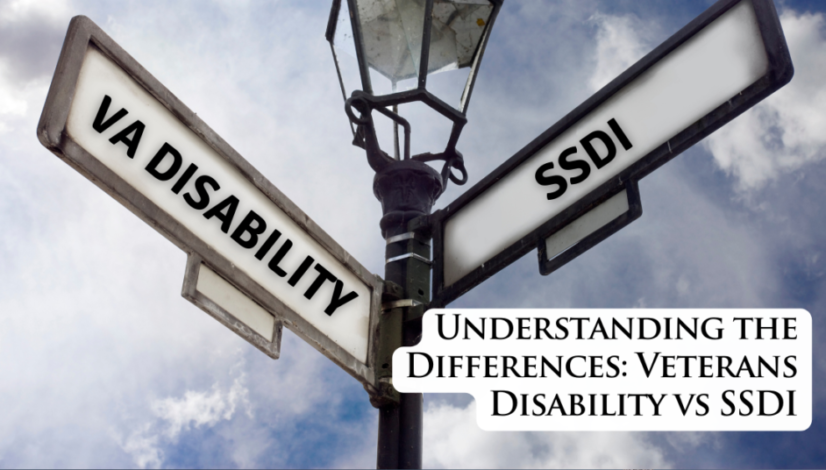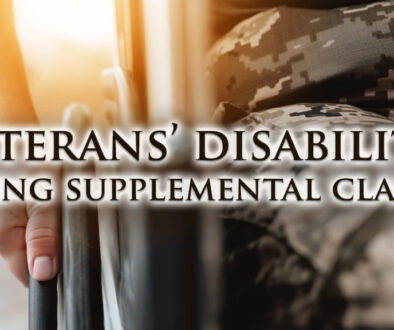Understanding the Differences: Veterans Disability vs SSDI Claims
When it comes to disability benefits, veterans and civilians might find the processes and criteria confusing, especially when dealing with both Veterans Disability and Social Security Disability Insurance (SSDI) claims. Let’s explore the key differences through a common scenario.
Scenario: A veteran is awarded 100% disability due to service-connected injuries to his neck, ankle, and PTSD following service. However, when the same veteran applies for SSDI, he is denied on the basis that he is not considered disabled under Social Security laws.
Reason: The core difference lies in the criteria used by the Veterans Administration (VA) and the Social Security Administration (SSA).
The VA awards disability benefits based on the severity of service-connected injuries or conditions. A veteran can receive a 100% disability rating and still be capable of working full-time. This rating reflects the extent of the disability in relation to military service but does not necessarily correlate with the veteran’s ability to work.
Conversely, the SSA has a stringent requirement for disability benefits. To qualify, an individual must be unable to engage in any substantial gainful activity due to a medical condition that is expected to last at least 12 months or result in death. Essentially, the SSA’s definition of disability is tied directly to one’s ability to work. If you are capable of any employment, even with significant impairments, you might not qualify for SSDI benefits.
Key Differences:
- Employment Status: Under VA rules, you can receive benefits regardless of your employment status. Under SSA rules, you must be unable to work for at least 12 continuous months.
- Assessment Criteria: The VA focuses on the severity of service-connected conditions. The SSA evaluates your overall ability to perform any work.
- Benefit Continuation: VA benefits can be received while working. SSA benefits require that you be fully disabled and unable to maintain employment.
Understanding these differences between Veterans’ Disability vs. SSDI claims is crucial for veterans navigating their benefits. It highlights why a veteran might be fully recognized as disabled by the VA but denied by the SSA.
For personalized assistance in handling your disability claims, contact Villeret Law Firm. Our expert legal guidance ensures that you receive the benefits you deserve under both systems.




